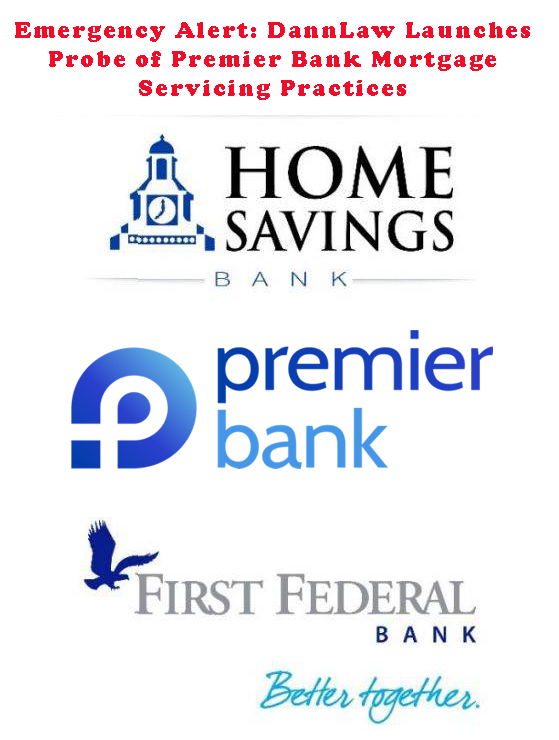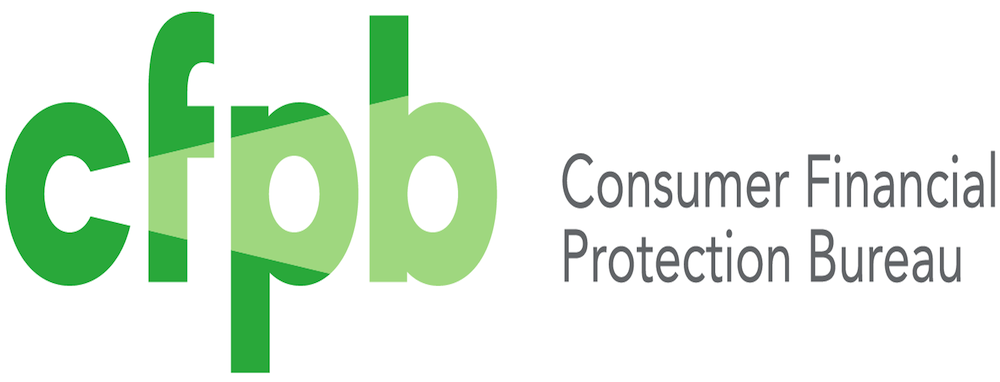 DannLaw and Advocate Attorneys founder and former Ohio Attorney General Marc Dann and Andrew Engel of Advocate Attorneys LLP are hailing a recent Sixth Circuit Court of Appeals ruling that will enable them to continue fighting against Ohio’s unconstitutional Board of Revision (BOR) tax foreclosure process in Federal District Court. The suit alleges that Montgomery County has used BOR foreclosures to steal millions of dollars in equity from property owners. A Federal District Judge in Cleveland has already found that Cuyahoga County is liable to a property owner for equity stolen in a similar manner.
DannLaw and Advocate Attorneys founder and former Ohio Attorney General Marc Dann and Andrew Engel of Advocate Attorneys LLP are hailing a recent Sixth Circuit Court of Appeals ruling that will enable them to continue fighting against Ohio’s unconstitutional Board of Revision (BOR) tax foreclosure process in Federal District Court. The suit alleges that Montgomery County has used BOR foreclosures to steal millions of dollars in equity from property owners. A Federal District Judge in Cleveland has already found that Cuyahoga County is liable to a property owner for equity stolen in a similar manner.
The ruling in Harrison v. Montgomery County reverses a Federal District Court judge’s dismissal of a lawsuit filed by Dayton, Ohio resident Alana Harrison after the county seized her late mother’s home in 2017 via a BOR foreclosure due to a $20,000 property tax delinquency. ( ) The home’s fair market values of $22,600 was roughly $3,000 more than the taxes owed. Ms. Harrison never received the surplus equity because the BOR statute provides no way to pay it. You may read more about the case and view an interview with Ms. Harrison and Atty. Engel conducted by the Dayton Daily News here. The Sixth Circuit ruling and all documents related to the case may be viewed and downloaded here.
In the suit Attorneys Dann and Engel contend that BOR foreclosures violate the Fifth Amendment’s Takings Clause, provisions of the Fourteenth Amendment, and sections of the U.S. Code because they do not give property owners the opportunity to seek and receive the equity that remains after a residential or commercial parcel is sold and the taxes, interest, and penalties due are paid.
“It’s well established that government has the power to take properties via public domain,” Atty. Dann said. “But government has never been permitted to do so without compensating the owner for its value until states began authorizing the use of administrative foreclosure procedures like the one we are challenging on behalf of Ms. Harrison, property owners across Ohio, and American Homeowner Preservation LLC (AHP), a company that specializes in offering ‘micromortgages’ to low-income families who want to enter the housing market.”
 “This has happened to thousands of Ohioans,” Atty. Dann said. “The BOR process is a systematic taking that, according to a study by the by the Ohio Center for Journalism, robbed Ohio property owners and banks of more than $77 million in equity in 2019 alone. And because BOR foreclosures wipe out the tax debt that is owed, millions of dollars that should to school districts, local communities, and other taxing entities also vanish into thin air. Somewhere along the line what seemed like an efficient way to eliminate blight and improve neighborhoods has gone badly off the rails.”
“This has happened to thousands of Ohioans,” Atty. Dann said. “The BOR process is a systematic taking that, according to a study by the by the Ohio Center for Journalism, robbed Ohio property owners and banks of more than $77 million in equity in 2019 alone. And because BOR foreclosures wipe out the tax debt that is owed, millions of dollars that should to school districts, local communities, and other taxing entities also vanish into thin air. Somewhere along the line what seemed like an efficient way to eliminate blight and improve neighborhoods has gone badly off the rails.”
According to Atty. Engel that view of the BOR process is gaining traction in the courts and the legal community. A number of legal journals and blogs, including JDSupra, inversecondemnation.com, and Reason reported on the Sixth Circuit decision and noted that the Supreme Court’s 2019 decision in Knick v. Township of Scott and the Michigan Supreme Court’s finding in Rafaelli LLC v. Oakland County make it likely that the U.S. Supreme Court will take up the issue sometime in the next five years.
In the meantime, the legal team at DannLaw and Advocate Attorneys will continue to aggressively represent clients like Ms. Harrison, AHP, and other victims of BOR foreclosures and other unconstitutional takings elsewhere. “We are eager to speak to anyone who has been impacted by this process,” Atty. Dann said. “Thousands of people have and will continue to lose millions of dollars until these illegal takings end. We won’t stop fighting until we achieve that goal.”
To arrange a no-cost consultation to discuss a BOR foreclosure contact DannLaw TODAY by calling 877-475-8100 or using the contact form on our website: dannlaw.brmcstaging.com/contact
 If you are a former Home Savings or First Federal customer who now banks with Premier, contact us TODAY so we can protect your family’s financial future and fight for the monetary compensation you need and deserve.
If you are a former Home Savings or First Federal customer who now banks with Premier, contact us TODAY so we can protect your family’s financial future and fight for the monetary compensation you need and deserve.
 A lot has happened since we issued our first COVID-19 on March 13. In our tenth update we’ll take a look at recent developments, discuss impending challenges and opportunities, issue a couple warnings, and dispense some sage advice…
A lot has happened since we issued our first COVID-19 on March 13. In our tenth update we’ll take a look at recent developments, discuss impending challenges and opportunities, issue a couple warnings, and dispense some sage advice…
 Today it is estimated that more than 8 million Americans, including tens of thousands of Ohioans, are behind on their rent payments and may soon be evicted from their homes. This number could rise substantially when the CARES Act’s Pandemic Unemployment Insurance payments sunset at the end of July.
Today it is estimated that more than 8 million Americans, including tens of thousands of Ohioans, are behind on their rent payments and may soon be evicted from their homes. This number could rise substantially when the CARES Act’s Pandemic Unemployment Insurance payments sunset at the end of July. Finally, I would like to extend a personal invitation for you to join me on August 5 for the premiere of “The Con,” a four-part series about the 2008 fraud and corruption-fueled collapse of America’s housing market. I’m both proud and humbled to say the series highlights the steps I took as Ohio Attorney General and at DannLaw to hold those responsible for the crisis that led to 10,000,000 families losing their homes accountable for their actions. The series provides a lesson for the risks we face as we hurtle toward a pandemic-related recession.
Finally, I would like to extend a personal invitation for you to join me on August 5 for the premiere of “The Con,” a four-part series about the 2008 fraud and corruption-fueled collapse of America’s housing market. I’m both proud and humbled to say the series highlights the steps I took as Ohio Attorney General and at DannLaw to hold those responsible for the crisis that led to 10,000,000 families losing their homes accountable for their actions. The series provides a lesson for the risks we face as we hurtle toward a pandemic-related recession. aninger, the unqualified anti-consumer political hack Trump appointed to succeed Cordray can be booted out the door 30 seconds after Joe Biden is sworn into office.
aninger, the unqualified anti-consumer political hack Trump appointed to succeed Cordray can be booted out the door 30 seconds after Joe Biden is sworn into office.